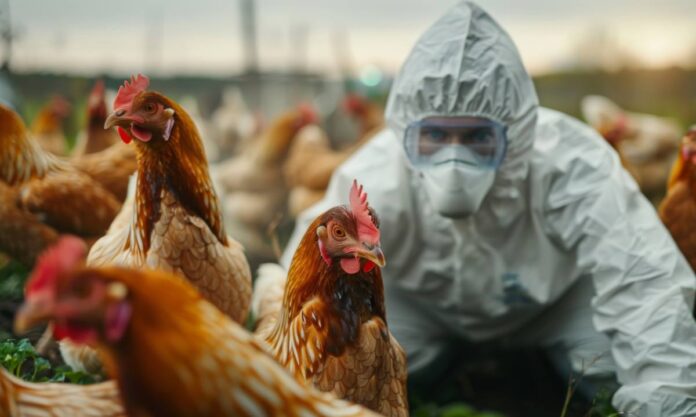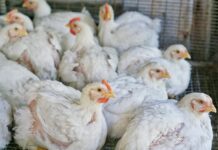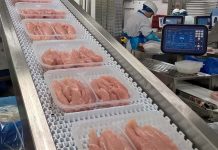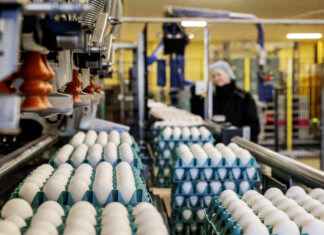
The British Free Range Egg Producers Association (BFREPA) has called for an immediate housing order to be implemented across the western region of Great Britain following new cases of highly pathogenic avian influenza (HPAI).
In a statement, BFREPA said the recent detections of avian flu have “significantly increased concern across the UK poultry sector”, with farms in affected areas facing growing pressure to protect their flocks.
“This is distressing for the families involved and concerning news for the UK poultry sector, particularly for those poultry businesses in the immediate area of the outbreak,” said Gary Ford, Chief Executive of BFREPA.
While acknowledging that housing alone cannot eliminate the disease risk, Ford emphasised that it remains a critical tool in reducing exposure to wild birds and limiting the spread of infection. “In light of the escalating situation and the growing risk of disease transmission, we are calling for an urgent Housing Order to be implemented across the western region of Great Britain,” he stated.
BFREPA has urged all poultry producers to maintain strict biosecurity standards and report any signs of disease immediately. The organisation said these steps—combined with temporary housing measures—are essential to containing and eventually eradicating the current outbreak.
The association is continuing to work closely with the Department for Environment, Food and Rural Affairs (Defra) and the Animal and Plant Health Agency (APHA) to coordinate efforts and provide support to free-range egg producers affected by the ongoing situation.
“The welfare of our flocks—and the livelihoods and mental wellbeing of those who care for them—remain our top priority,” Ford added.
The UK’s poultry industry has faced recurring challenges from avian influenza in recent years, leading to significant losses and periodic housing orders aimed at protecting commercial and backyard flocks during periods of heightened risk.
Source: British Free Range Egg Producers Association (BFREPA) Press Release
















